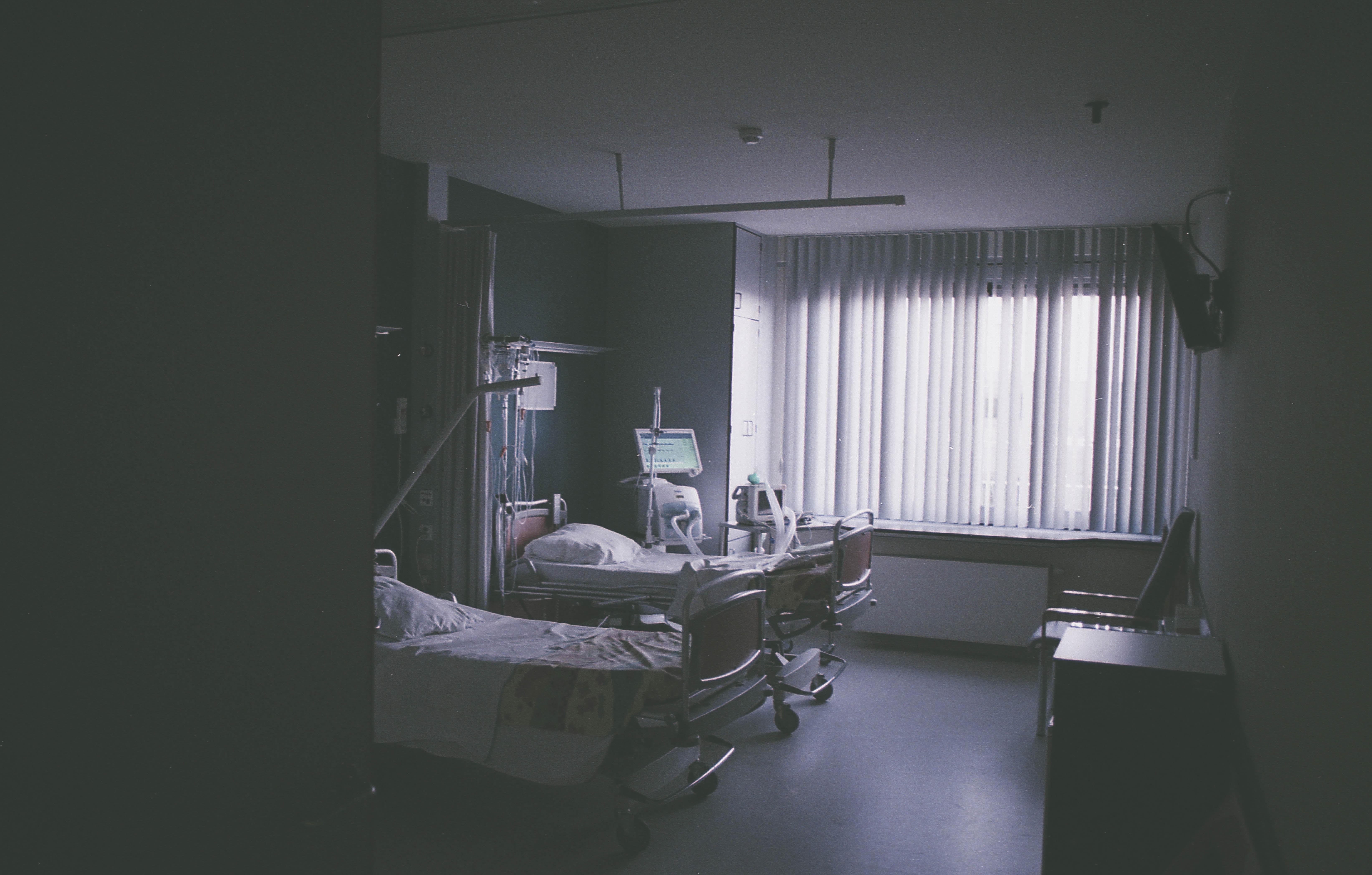Op-Ed: Anti-Abortion Laws Are Inherently Racist

A popular medical dictionary defines disease as “literally, a lack of ease” and venereal disease as one “usually acquired through sexual intercourse.” It is apparent therefore that unwanted or unintended pregnancy is a very common venereal disease. It is associated with immense physical, mental, social and economic suffering. In seeking to be cured of this disease, women, throughout history, have risked pain, mutilation and death, in numbers that stagger the imagination.
Today, the right to safe, legal abortion is under attack by vicious right-wing fanatics who would return women to a state akin to slavery. What is often ignored however, is that laws restricting or outlawing abortion have a greater negative impact on black and other minority women than they do on white women.
It should not be surprising, therefore, that two of the three states that have recently banned essentially all abortions were Confederate states, which fought to keep slavery legal in the South. The Civil War was won by the North and slaves were emancipated, but across the South a wave of terror commenced. Led by the Ku Klux Klan, these attacks terrorized blacks and prevented them from achieving equal rights.
An article in the Atlanta Journal-Constitution on June 14, 2017 publicized new research, which found that 800 more people were lynched in the South from 1877 to 1950 than was previously believed. The Equal Justice Initiative said its findings brought the total of “terror lynchings” – murders in which no one was charged that were intended to terrorize black Southerners – to 4,084 during the period from the Civil War to just after World War II, of which 589 occurred in Georgia. Alabama accounted for 361 of these lynchings. Ohio accounted for 15.
So how are anti-abortion laws inherently racist? Another look back in history is instructive and necessary. Many Americans cannot remember what it was like before Roe v. Wade recognized that anti-abortion laws violated a woman’s constitutional right to privacy. I do because I was a medical student and young doctor in the late 60s and early 70s. What I witnessed before abortion was legalized was forever branded in my memory. In those days, a woman was forced to place herself in the hands of unskilled and often unscrupulous abortionists when she faced a pregnancy she could not continue. I saw women brought into the emergency room in septic shock, with perforated wombs, even disemboweled by incompetent butchers because their own physicians were prohibited by law from helping them. These experiences radicalized me and I joined the fight to legalize abortion.
In the years before Roe v. Wade legalized abortion in 1973, and estimated 5,000 women died from illegal abortions each year in the U.S. In New York City, in the first year after the abortion law was liberalized, maternal mortality dropped from 61 to 15 per 100,000, proof that illegal abortions were contributing to maternal mortality.

For minority women the situation was particularly dire. In 1962 nearly 1,600 women were admitted to the Harlem Hospital with incomplete abortions (a common complication of illegal abortion), which was one abortion-related hospital admission for every 42 deliveries at the hospital that year. In the early 1960’s in New York City, one in four childbirth related deaths among white women was due to abortion. Among non-white and Puerto Rican women the rate was one in two. In 1968, at the Los Angeles County Medical Center, another large public facility serving primarily indigent patients, 701 women with septic abortions were admitted to hospital, one admission for every 14 deliveries. From 1972 to 1974, the mortality rate due to illegal abortion for nonwhite women was 12 times that for white women, a horrifying statistic.
Black women have the highest rates of unintended pregnancy. These higher rates reflect the particular difficulties that many women in minority communities face in accessing high-quality contraceptive services and in using their chosen method of birth control consistently and effectively. Significant racial and ethnic disparities also exist for other health outcomes, including mortality and morbidity from diabetes, heart disease, cancers, including breast and cervical, and sexually transmitted diseases including HIV. All of these diseases have worse outcomes among minority populations.
The abortion rates among minority women have trended downward over recent decades, as they have for white women. However, black women consistently have had the highest abortion rates, followed by Hispanic women. This holds true even when controlling for income. At every income level, Black women have higher abortion rates than whites or Hispanics, except for women below the poverty line, where Hispanic women have slightly higher rates than Black women. Given this, it is apparent that outlawing abortion will affect Black and other minority women more than it will white women. Laws that prohibit abortion are inherently racist in that their effects will be suffered disproportionately by Black and other minority women. Make no mistake about it–if these laws are enforced, women will die and minority women will die more often. We must not, we cannot, let this happen.





